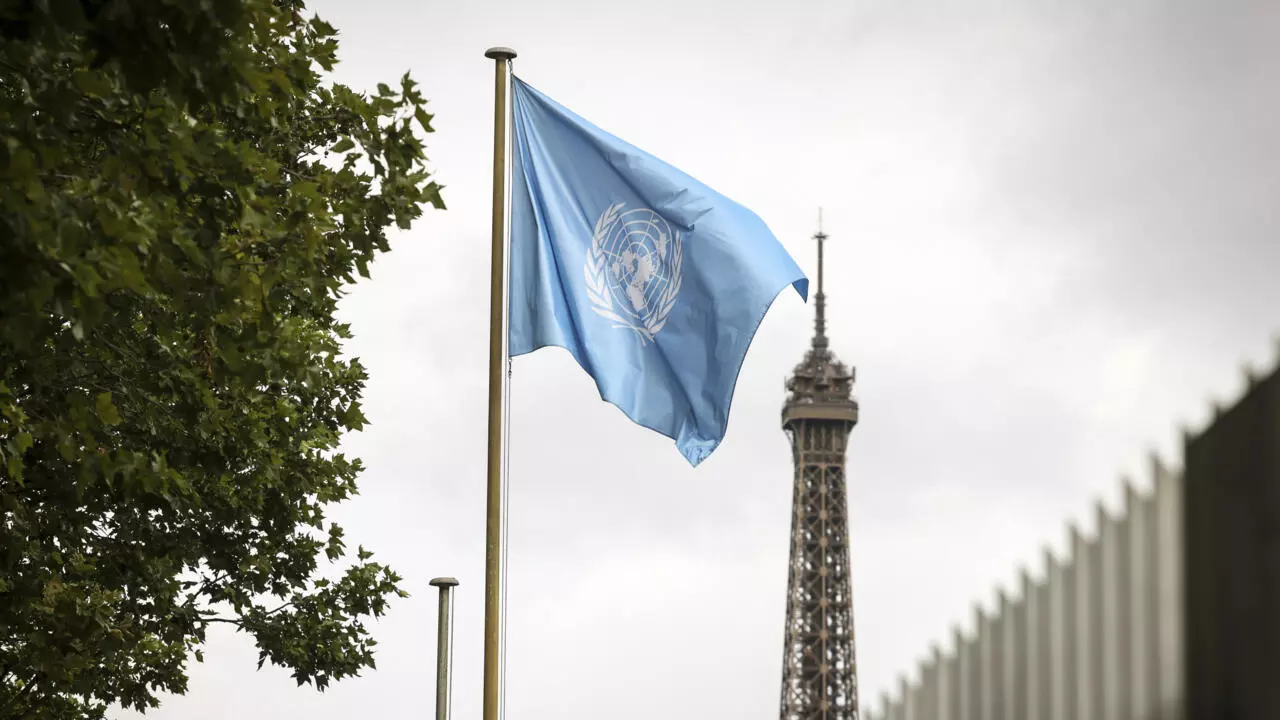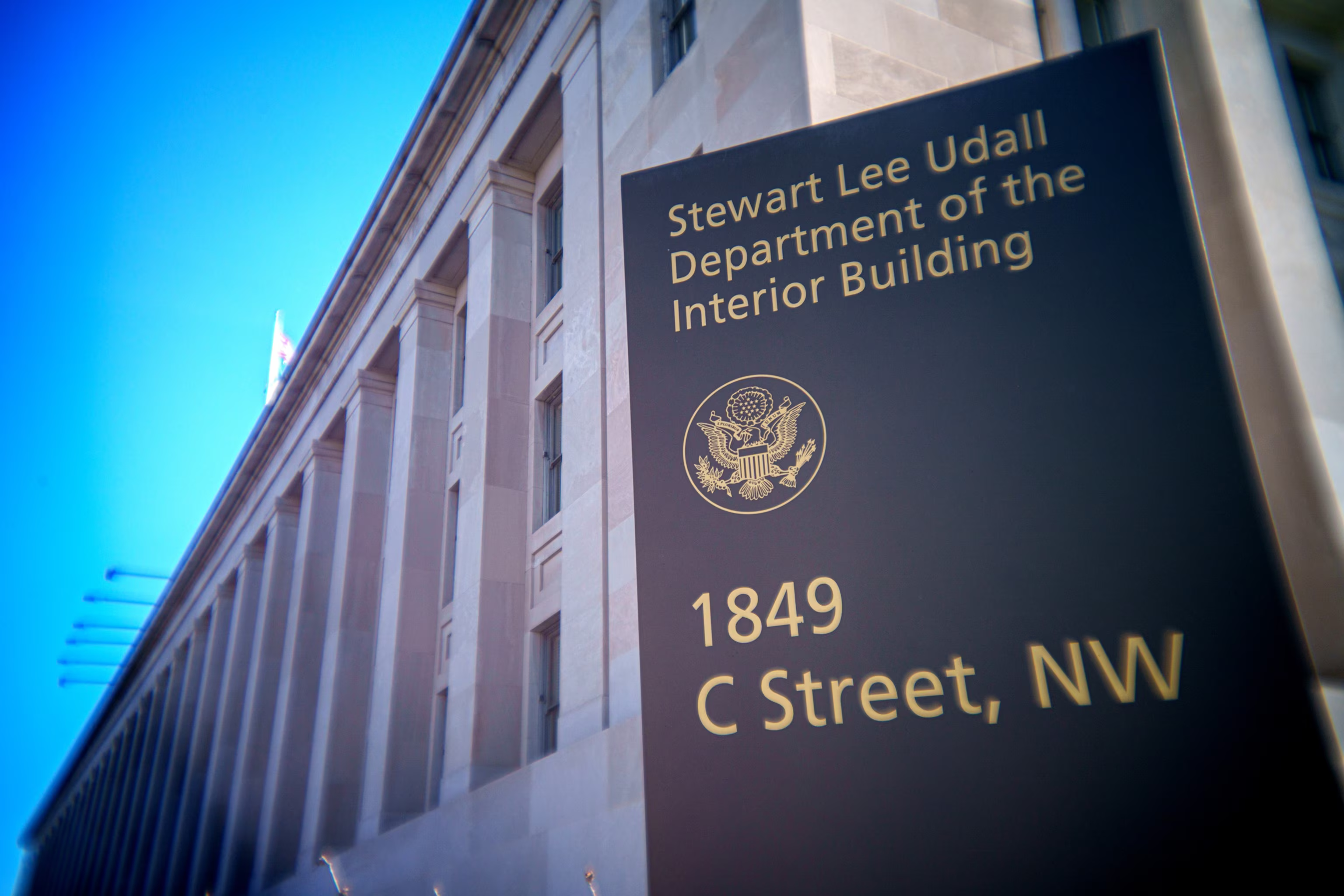Context and Official Decision
In January 2025, the Donald Trump administration officially announced the United States’ withdrawal from the United Nations Educational, Scientific and Cultural Organization (UNESCO), effective December 31, 2026. This decision represents the third American departure from the organization since its founding in 1945, consolidating a historical pattern of intermittent relations between Washington and the multilateral institution.
The decision was communicated following a 90-day review period conducted by the new administration, which evaluated American participation in the organization under criteria of alignment with U.S. foreign policy priorities.
Presented Justifications
White House Deputy Spokesperson Anna Kelly stated that UNESCO “supports controversial cultural and social causes that do not align with the policies Americans voted for in November.” Among the specific concerns raised by the administration are:
- Allegations of positions considered anti-Israel within the organization
- Publications on anti-racism issues in 2023
- Initiatives related to “transforming mentalities” in 2024
- Palestine’s admission as a member state in 2011
- Growing Chinese influence in the organization during previous American absences
Historical Perspective of US-UNESCO Relations
Participation Timeline
The American trajectory at UNESCO reflects the complexities of multilateral diplomacy:
1945-1984: Participation as a founding member, contributing significantly to educational and cultural programs in the post-World War II period.
1984-2003: First withdrawal during the Reagan administration, motivated by allegations of financial mismanagement, administrative corruption, and perception of anti-Western bias in the organization.
2003-2017: Return under George W. Bush as part of post-9/11 American “soft power” strategy, seeking greater international cultural engagement.
2017-2023: Second departure during Trump’s first term, citing similar concerns to current ones, including issues related to Israel and Palestine.
2023-2026: Brief return under Biden, including payment of $619 million in overdue contributions, demonstrating renewed commitment to multilateralism.
Institutional and Diplomatic Reactions
UNESCO’s Position
Director-General Audrey Azoulay expressed “deep regret” over the decision, though indicated the organization had prepared for this possibility. In an official statement, Azoulay emphasized that “UNESCO will continue its work promoting education, science, and culture for all peoples, regardless of individual governments’ political decisions.”
International Reactions
Israel: Foreign Minister Gideon Sa’ar expressed support for the American decision, calling it “necessary” and “consistent with shared values between the United States and Israel.”
France: President Emmanuel Macron criticized the measure, describing it as “a setback for multilateralism” and reaffirmed French commitment to UNESCO as a “fundamental pillar of international cooperation.”
European Union: European representatives expressed concern about the precedent established by the decision, emphasizing the importance of American participation in multilateral forums.
Financial and Operational Impact
American Contributions
The United States represents approximately 8% of UNESCO’s regular budget, equivalent to about $80 million annually. Beyond mandatory contributions, the country participated in voluntary programs and specific initiatives totaling significant additional resources.
Budgetary Consequences
The American departure will create a budgetary deficit that UNESCO must compensate through:
- Redistribution of contributions among remaining members
- Reduction of specific programs
- Search for alternative funding sources
- Possible revision of organizational priorities
Affected Programs
World Heritage
UNESCO’s World Heritage program, which protects 1,248 historic and cultural sites in 170 countries, will be particularly affected. American sites include:
- National Parks: Grand Canyon, Yellowstone, Everglades
- Historic Sites: Independence Hall, Statue of Liberty, Mesa Verde
- Cultural Heritage: Poverty Point, Cahokia Mounds
American communities interested in obtaining future World Heritage recognition will face procedural limitations, although already designated sites maintain their status.
Other Impacted Programs
- UNESCO Creative Cities: Limitations for new American candidacies
- UNESCO Chairs: Possible suspension of new establishments at American universities
- Man and Biosphere Program: Reduced participation in biosphere reserves
- Educational Exchange: Limitations in academic cooperation programs
Geopolitical Issues
Chinese Influence
During previous American absences, China consolidated its position as UNESCO’s second-largest contributor, occupying strategic positions in organizational leadership. White House officials expressed concern about using this influence to “promote global standards favorable to Beijing’s interests,” including:
- Approaches to ethnic minority issues
- Technological and digital standards
- Interpretations of cultural rights
- Criteria for heritage designation
Soft Power Competition
American withdrawal may strengthen other powers’ influence in the organization, altering geopolitical balance in:
- Defining global educational standards
- Cultural heritage preservation
- International scientific policies
- Historical and cultural narratives
Broader Foreign Policy Context
Multilateral Review
UNESCO’s exit is part of a comprehensive review of American participation in international organizations, including:
- World Health Organization (WHO): Withdrawal announced simultaneously
- UNRWA: Suspension of funding to Palestinian relief agency
- Paris Agreement: Reassessment of participation in climate accords
- UN Human Rights Council: Possible new departure
“America First” Philosophy
This approach reflects the Trump administration’s foreign policy philosophy, prioritizing:
- National interests over multilateral commitments
- Control over international financial contributions
- Flexibility for unilateral action
- Renegotiation of international participation terms
Expert Analysis
Academic Perspectives
International relations specialists present divergent analyses:
Decision Supporters argue that:
- UNESCO lost effectiveness due to politicization
- American resources can be better utilized domestically
- The organization developed biases incompatible with American values
Measure Critics counter that:
- American absence weakens democratic influence in the organization
- Cultural and educational programs lose crucial support
- The decision strengthens authoritarian regimes in UNESCO
Implications for Multilateralism
The decision raises fundamental questions about the multilateral system’s future:
- Sustainability of international organizations with inconsistent major power participation
- Need for structural reforms to accommodate diverse interests
- Development of alternative international cooperation mechanisms
Future Perspectives
Possible Scenarios
Future Return: Based on historical patterns, a future American administration may reverse the decision, as occurred previously.
Organizational Reforms: UNESCO may implement structural changes to again attract American participation.
New Cooperation Models: Development of alternative bilateral or multilateral partnerships to replace UNESCO participation.
Impact on Global Cultural Cooperation
American absence may significantly alter:
- International educational cooperation dynamics
- Cultural heritage preservation standards
- Scientific and technological exchange
- Sustainable development policies related to culture
Conclusion
The third United States withdrawal from UNESCO represents more than an administrative decision; it symbolizes fundamental tensions between multilateral and unilateral approaches in contemporary foreign policy. While the Trump administration justifies the measure as alignment with national priorities and concerns about foreign influence, critics see a weakening of American leadership in global cultural and educational issues.
This decision’s impact will extend beyond American borders, affecting international programs for cultural preservation, educational cooperation, and scientific exchange. For UNESCO, it represents a significant but not insurmountable challenge, given previous experience with American absences.
The future of relations between the United States and multilateral organizations remains uncertain, depending on domestic political developments and changes in the international geopolitical landscape. The current decision establishes a precedent that may influence American participation in other international institutions, shaping the global cooperation panorama in coming decades.
Contact us today through our WhatsApp to discover how we can help you achieve success in the United States. Together, we can turn dreams into reality.
Information source: edition.cnn.com | theguardian.com | nypost.com | usatoday.com



